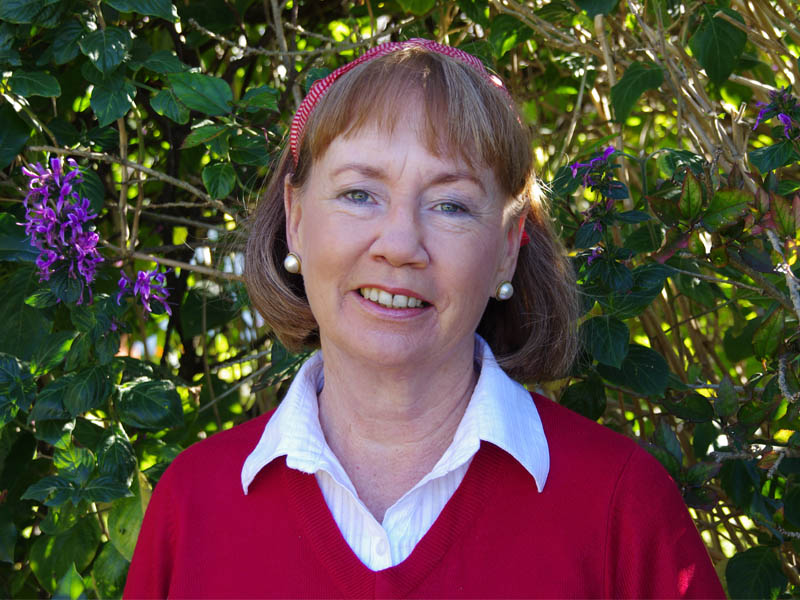The Digital Transformation Office’s newly-launched Digital Marketplace creates a mechanism for government to buy more local technology, but some baked-in attitudes about tech vendors may also need to be overcome.
Mary Brittain-White is a veteran of the IT industry who has for the last 20 years helmed Sydney based Retriever Communications, says the biggest barrier to Australia developing a robust local IT industry remains the lack of government support in terms of buying local technology.
While the R&D tax concessions were valuable to local tech companies, she said Australian governments had “failed entirely” in supporting local companies developing technology. “There’s the odd software company like Atlassian – but we’ve not been good at it.”

That was in stark contrast to other nations such as Germany, she said, which had invested in SAP early in its history, delivering revenues and reference customers that allowed the company to become a global software powerhouse – and ironically a major supplier to the Australian Government.
While Retriever, which develops mobile solutions to support often complex workflows, will remain based in Australia and keep its R&D local, the company is now focusing attention on the US market and Ms Brittain-White is about to approach the market for funds to support a US expansion where the company is winning larger contracts.
DTO chief executive Paul Shetler this week acknowledged that the Digital Marketplace is a “simple vehicle for relatively simple problems” and would not replace conventional tender processes for large projects.
He was however optimistic that the marketplace could start to shift the dial toward local SMEs. He said that the concept was loosely modelled on the UK’s G-Cloud, a digital marketplace which he said was proving very successful.
It might be only “loose modelling,” but at first glance, the Australian digital marketplace site and the UK digital marketplace site look almost identical.
While the UK site is also still marked as a beta version, Mr Shetler said that in the year to last September the run rate through the G-Cloud was GBP600 million.
“And of that 50 per cent is direct spend with SMES. Before that, all the spending was very concentrated in very large companies mostly in London.” The G-Cloud initiative had expanded the market and the market reach, he said.
The ambition for the Australian digital marketplace is to “lower the barrier to entry and making it easier to explore and see what is out there.”
He acknowledged though that although the marketplace delivered simplicity and transparency, in the UK there had been something of a “hockey stick” effect until a couple of large agencies – the Home Office and Ministry of Justice – came on board.
In the past Mr Shetler said the paper-based processes of dealing with government had lacked transparency, and this had made it harder for SMEs to secure government work. But now, at least for smaller jobs, the digital marketplace should make that that less of an issue (although he acknowledged that the marketplace was “not looking to put huge tenders through” its books).
Even to win smaller jobs, local SMEs may still have to overcome baked-in attitudes about local technology.
Ms Brittain-White said that she had been dismayed by the response of the NSW Department Family and Community Services to the tender for the ChildStory IT platform, which relies on a mobile solution used to make in-home assessments.
Retriever responded to the request for tender. According to Ms Brittain-White; “It it was terribly expensive to reply to it but I thought hardly anyone can reply to this, and here I am a NSW company – come on, we’ll do it.”
She said that the Department never asked a single question about the response leading her to the conclusion; “They didn’t bloody look at it. If they’d looked at it, they would have asked questions.”
US giant Salesforce was selected for the project, and ChildStory is slated for release in March next year.
Michael Coutts-Trotter, Secretary of Department, has acknowledged; “You know from the name that Salesforce didn’t begin its life in social services but it’s a global firm with incredible resources and vast experience” and that it was now acquiring experience in social services.
Ms Brittain-White’s argument is that experience and opportunity would have been valuable to a 20 year old, profitable NSW business also. But she said that support for innovative local companies from governments was still lacking.
“That sort of support for innovation for local companies is what’s missing. You don’t need a Prime Minister telling us ‘you’ve got to be on the edge’ … but say if we invest in this then this will stay around,” and form a sustainable local technology industry.
“If they put the money back into small or medium sized companies that would bolster the economy much more strongly. “
Do you know more? Contact James Riley via Email.

